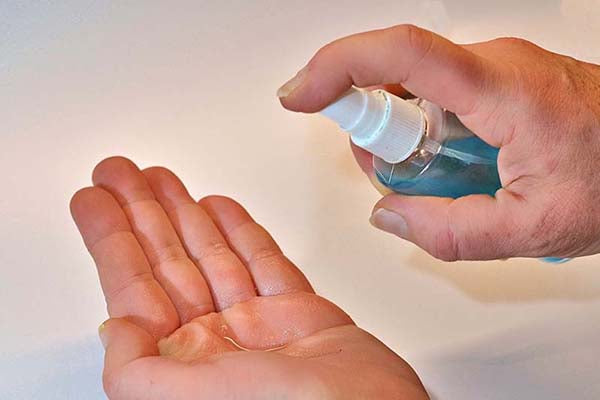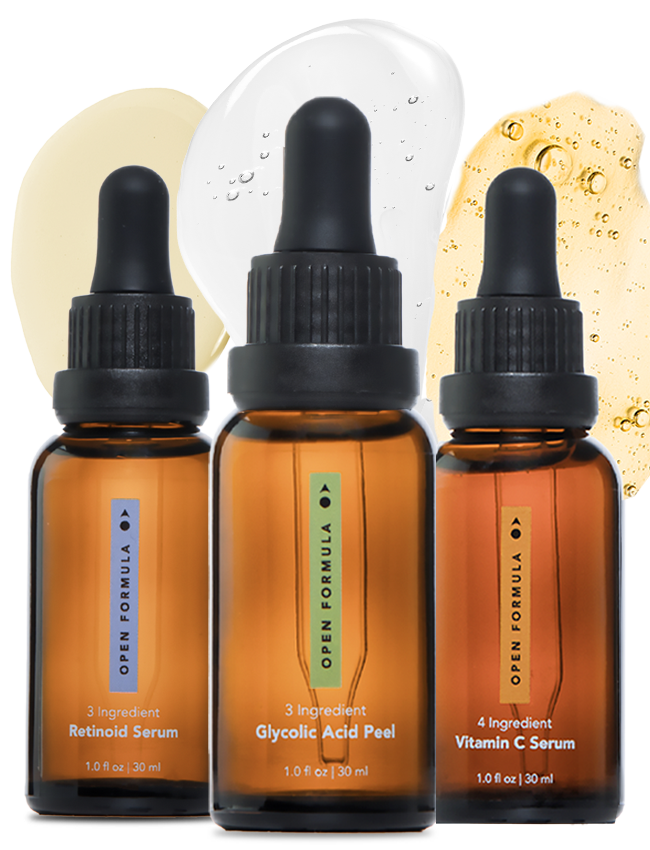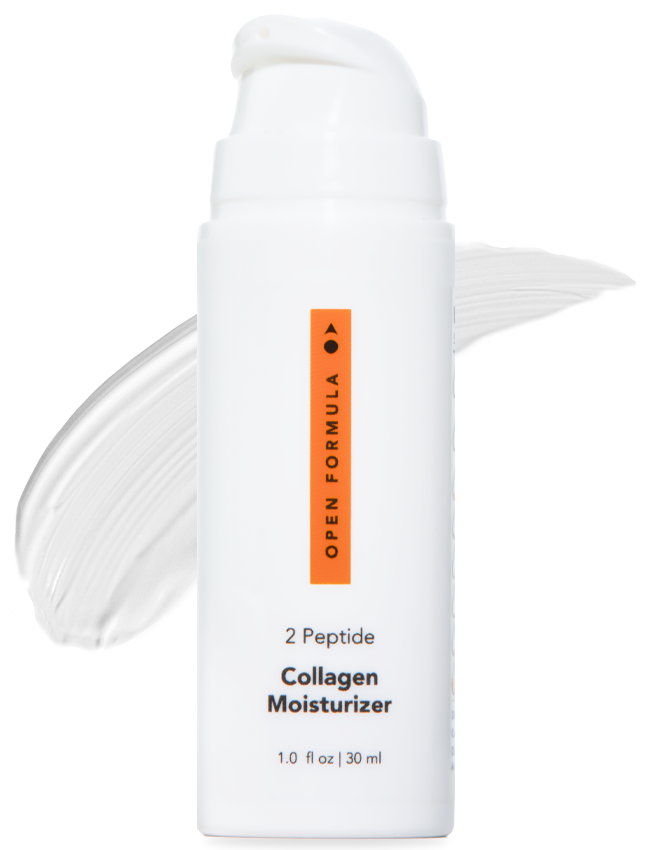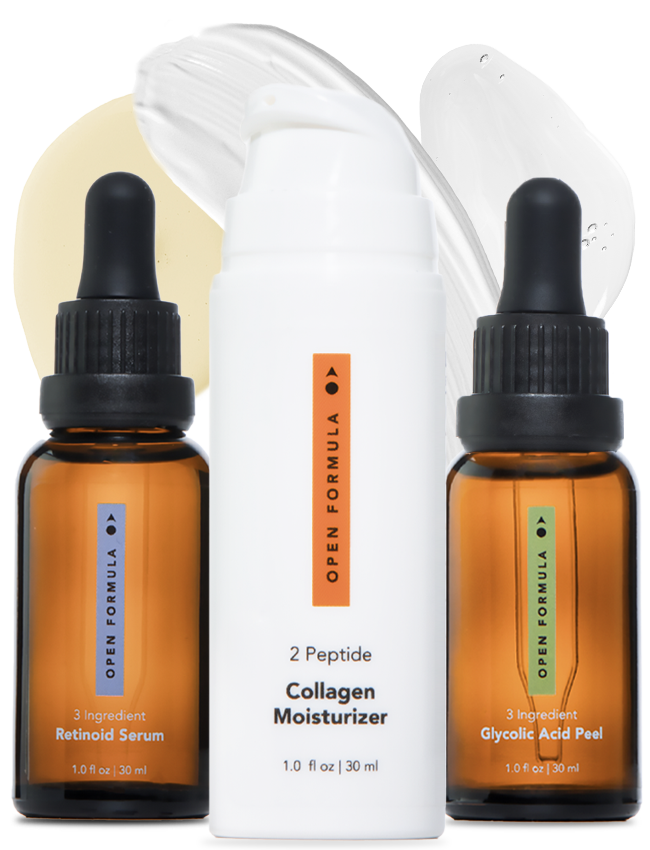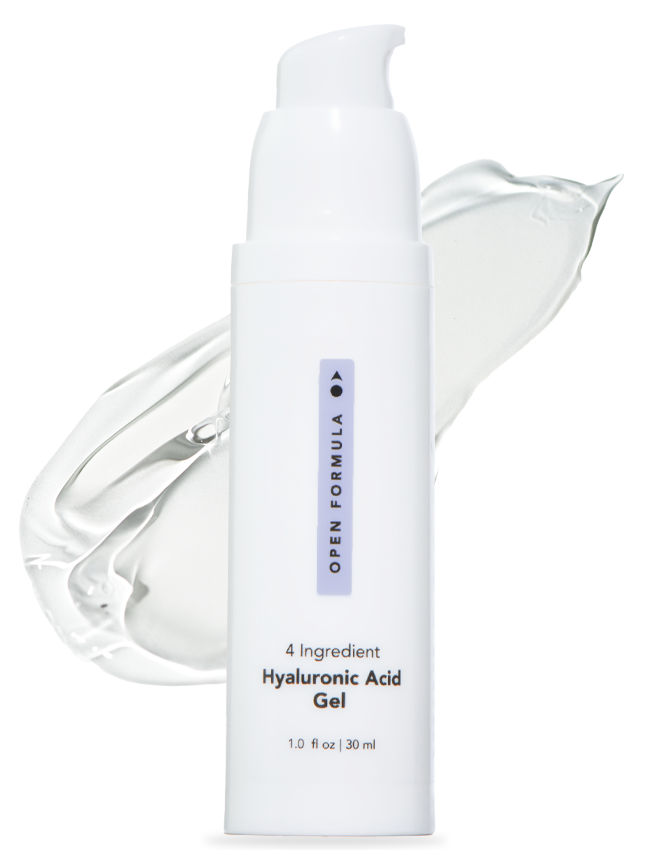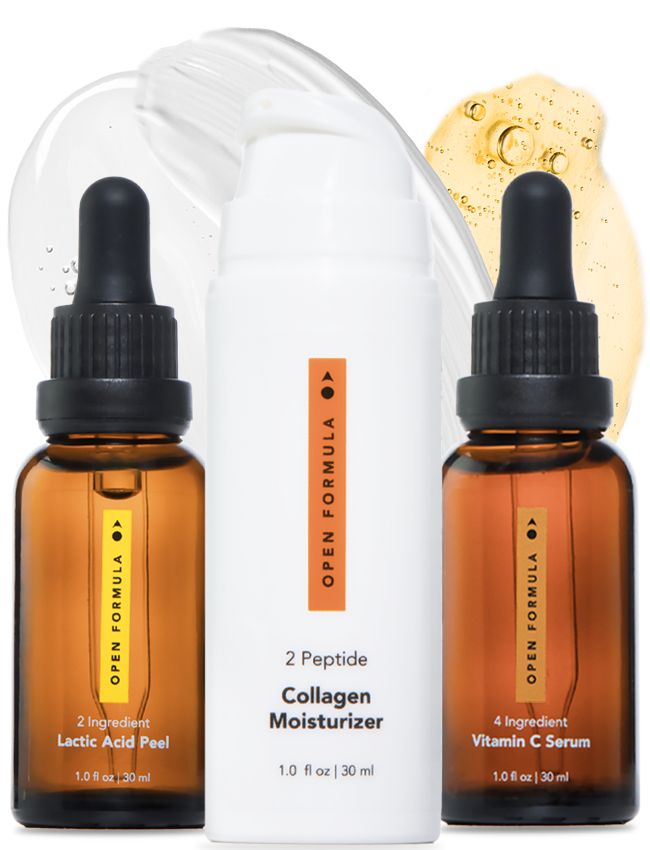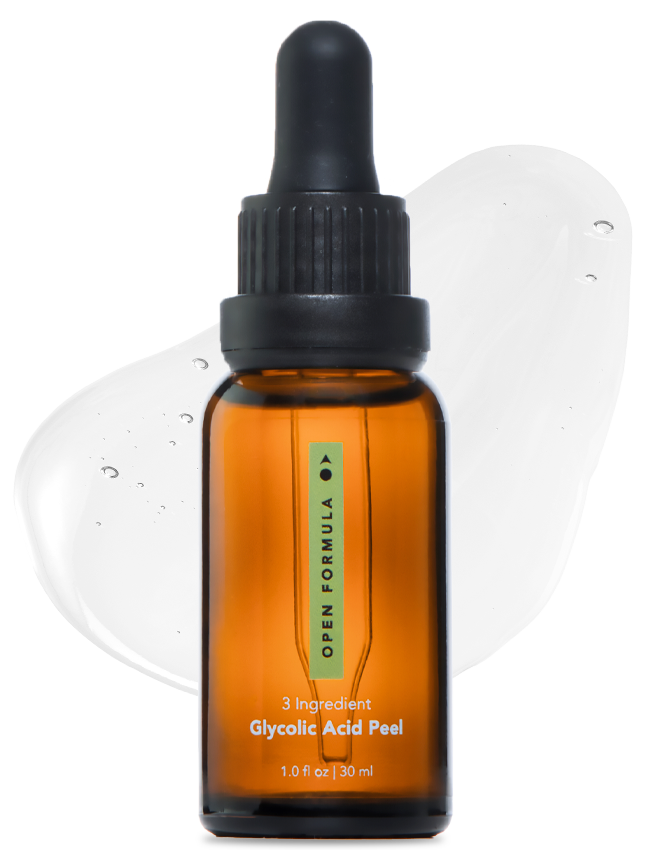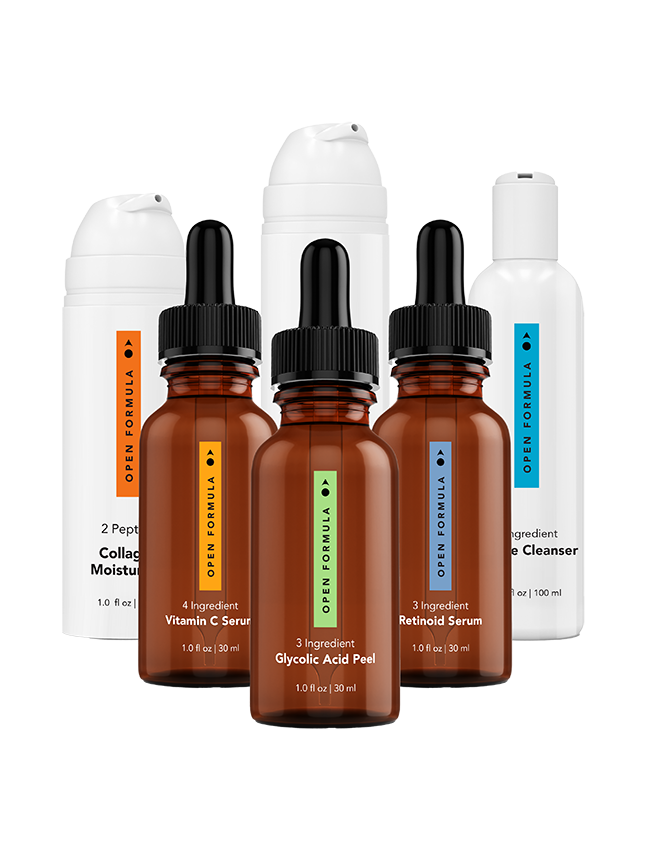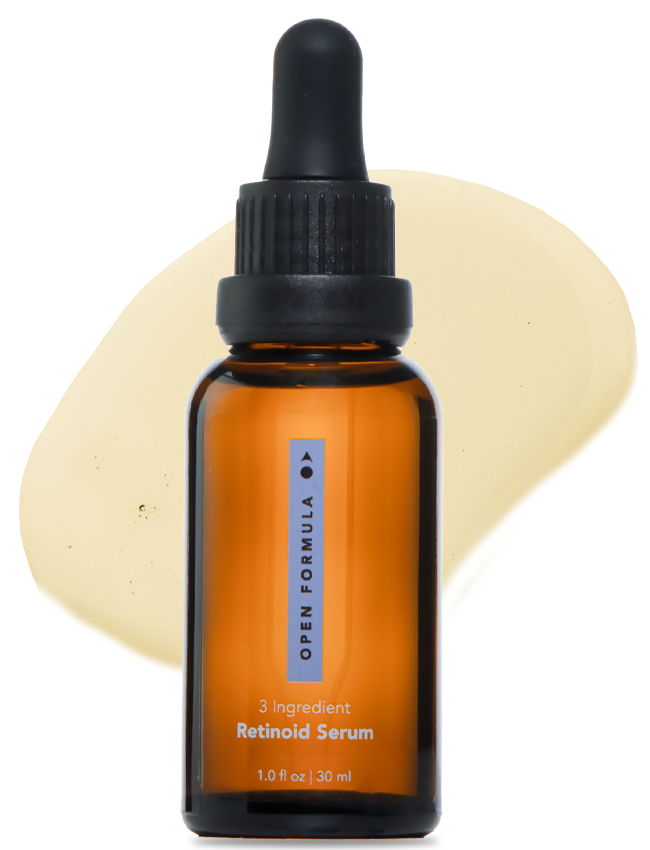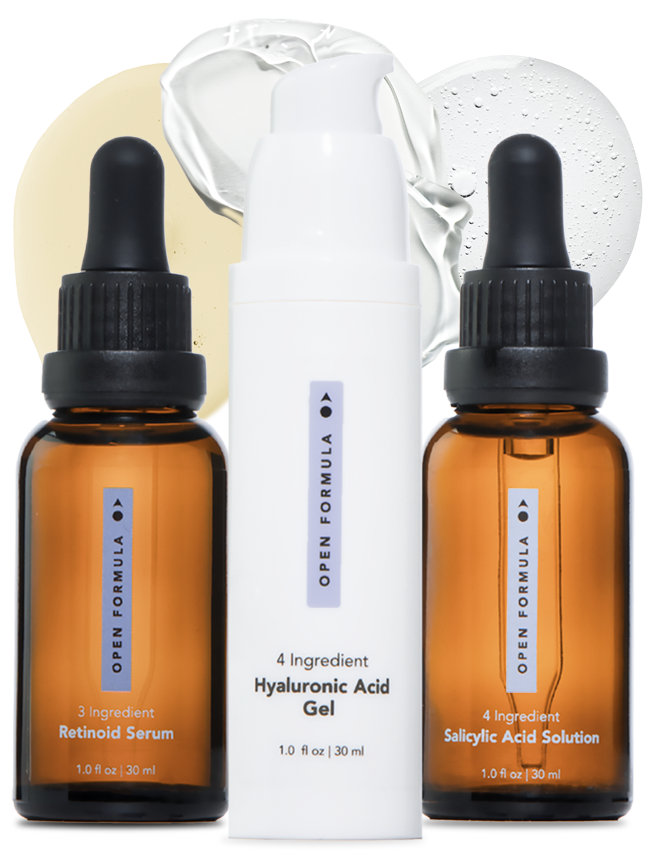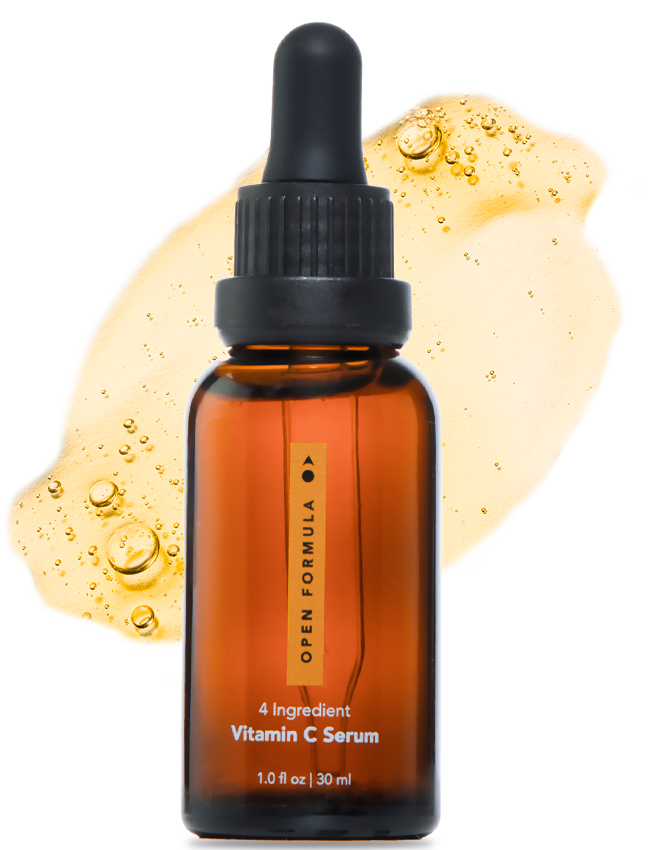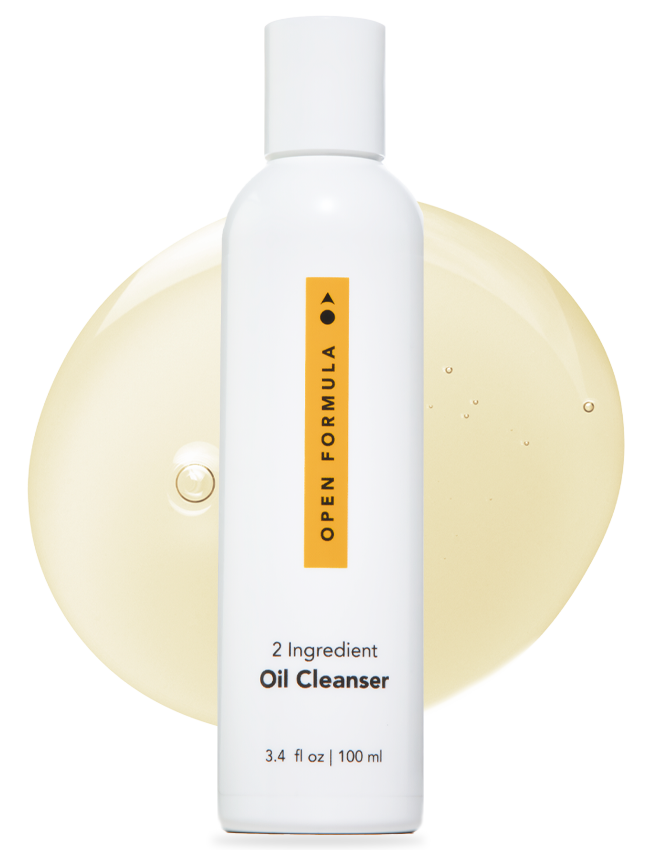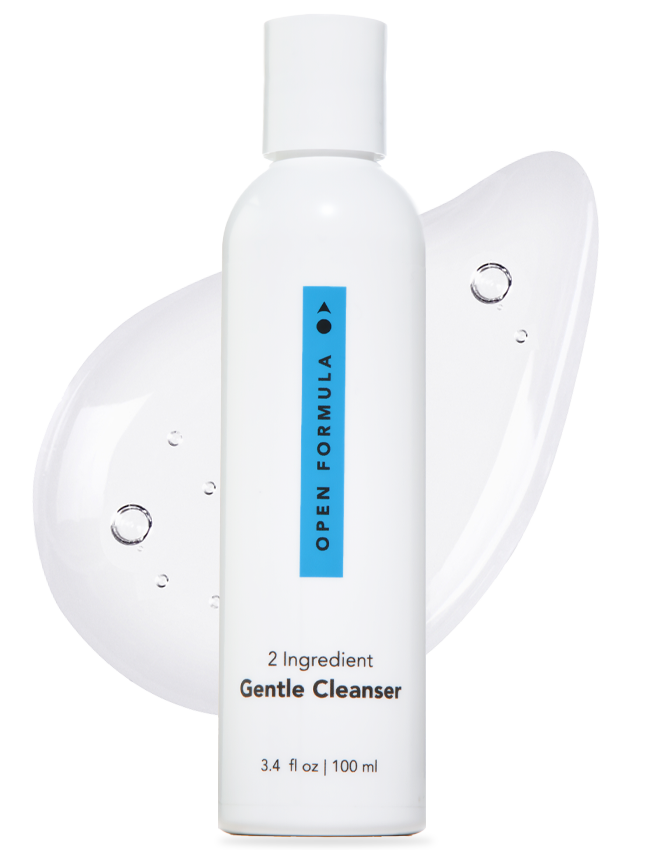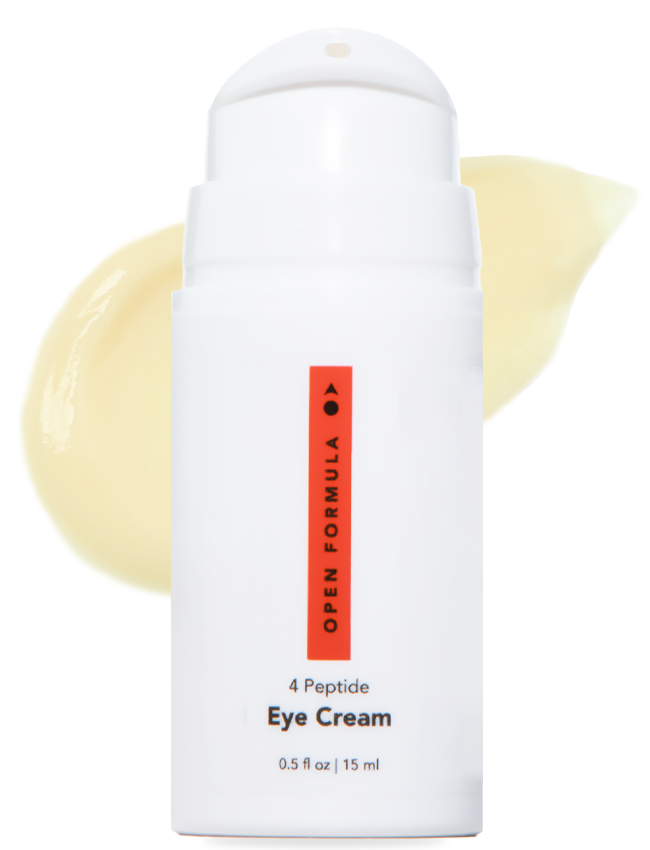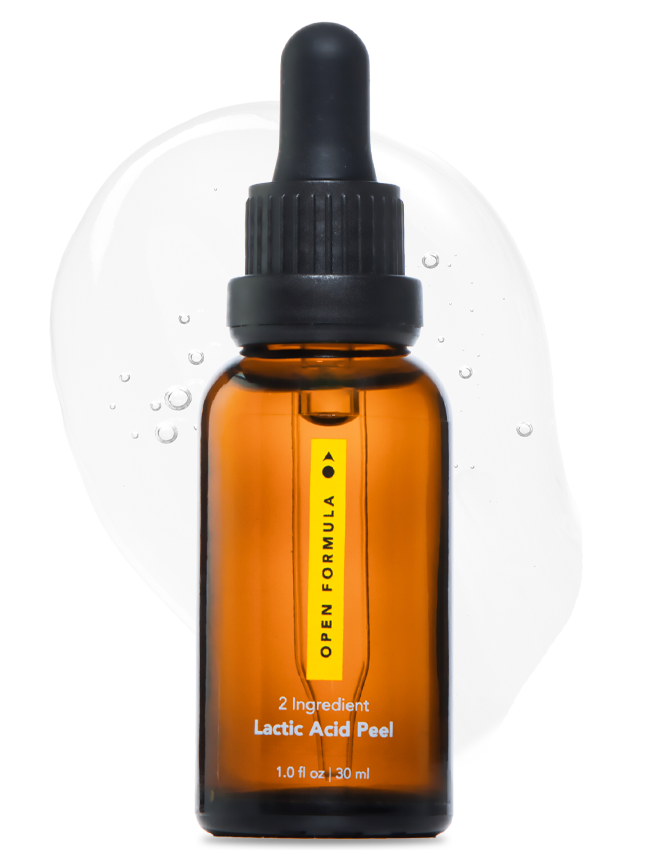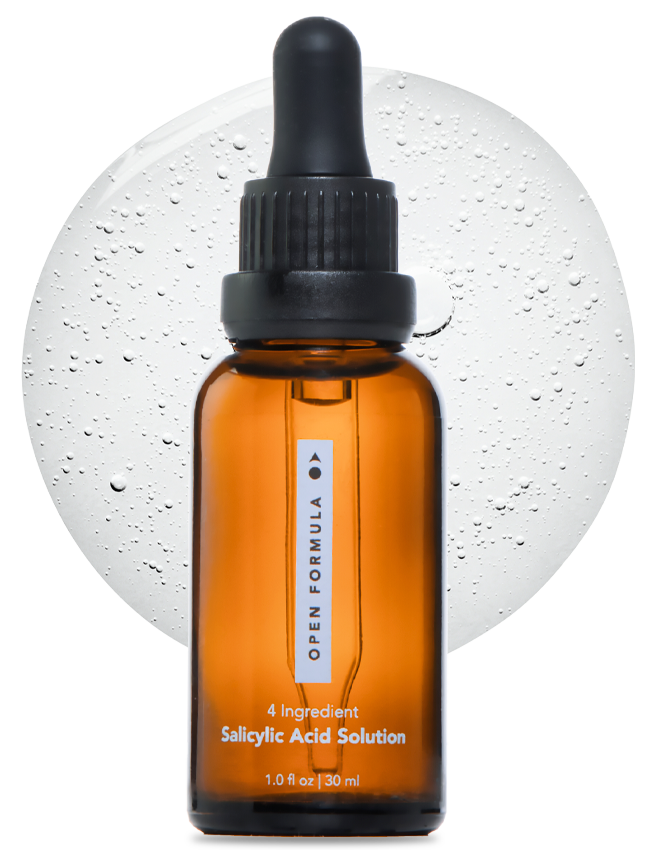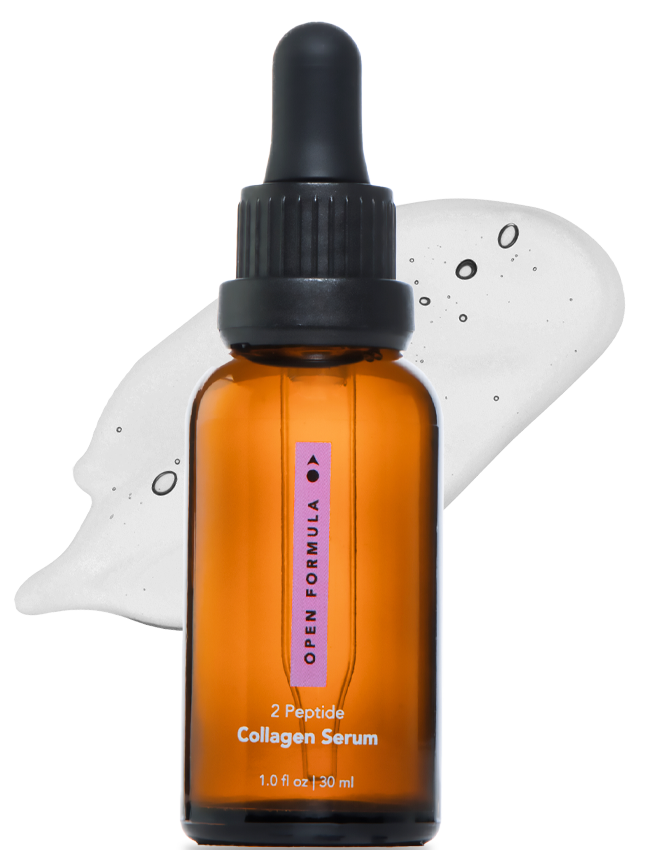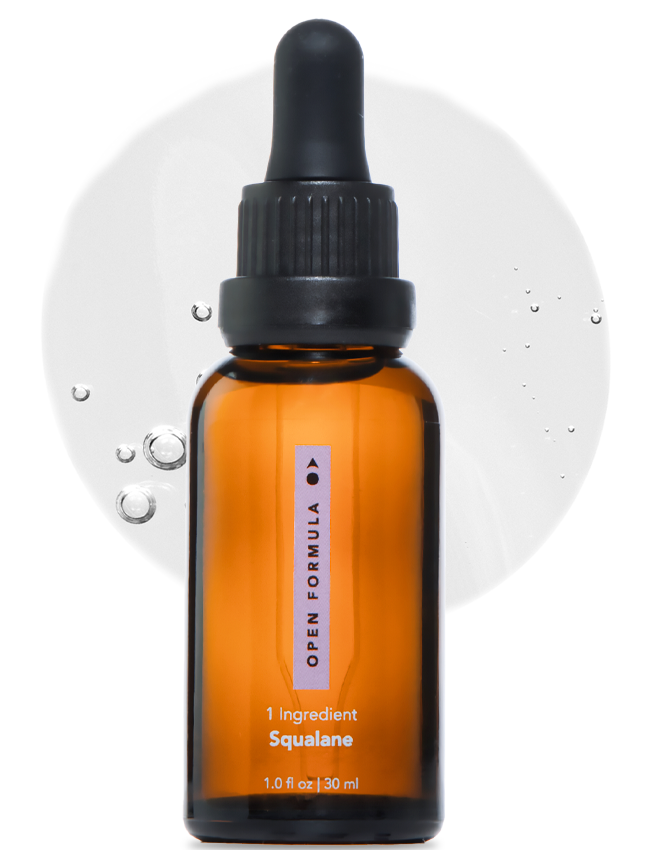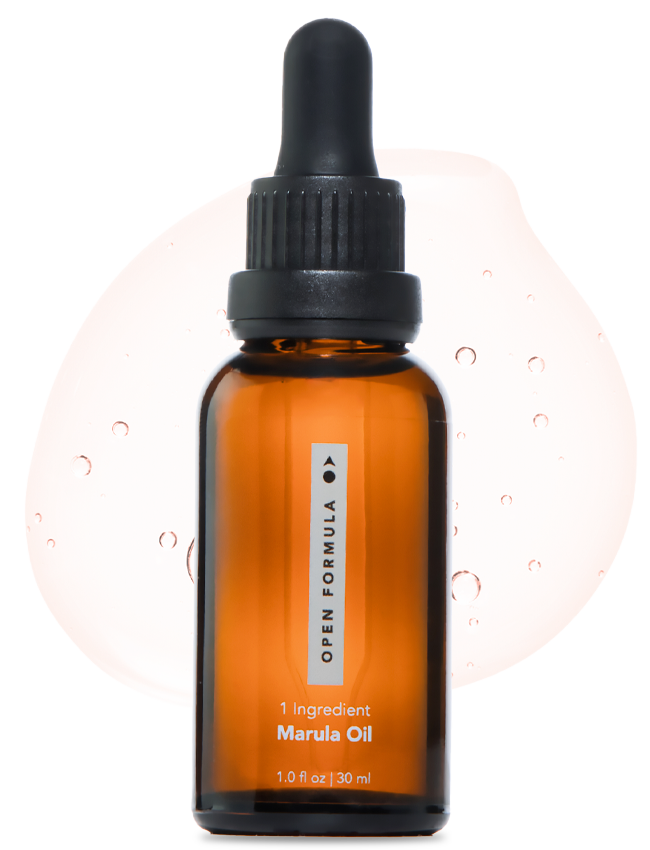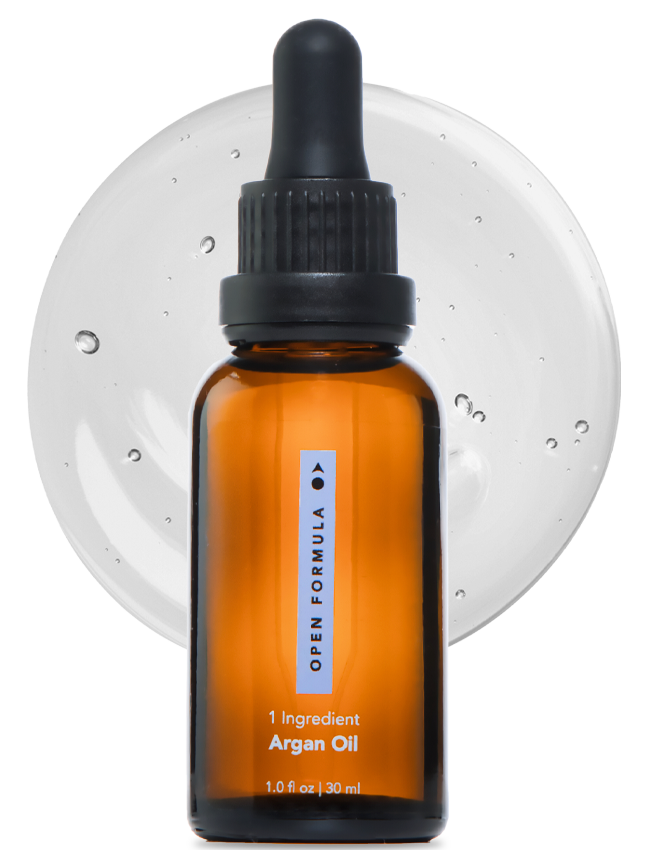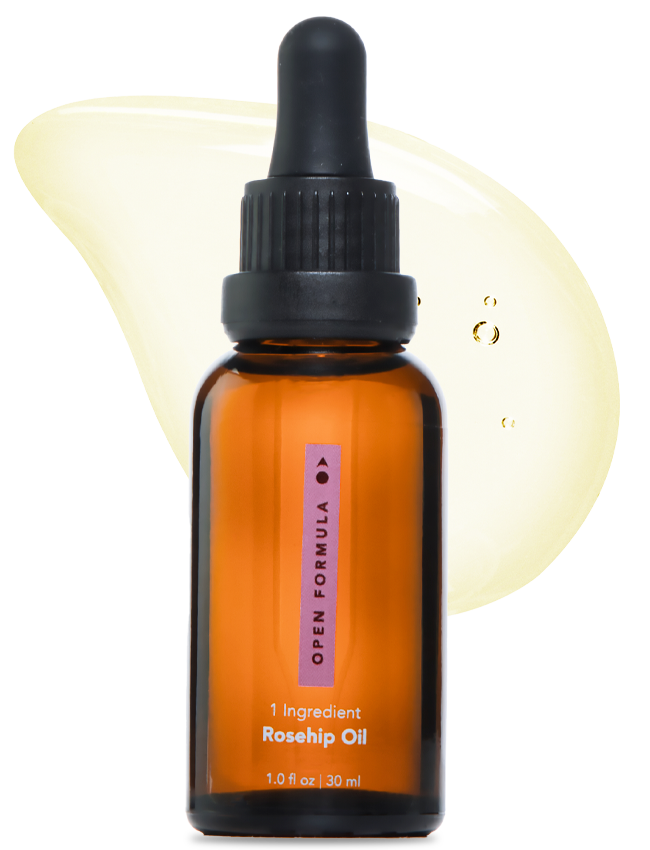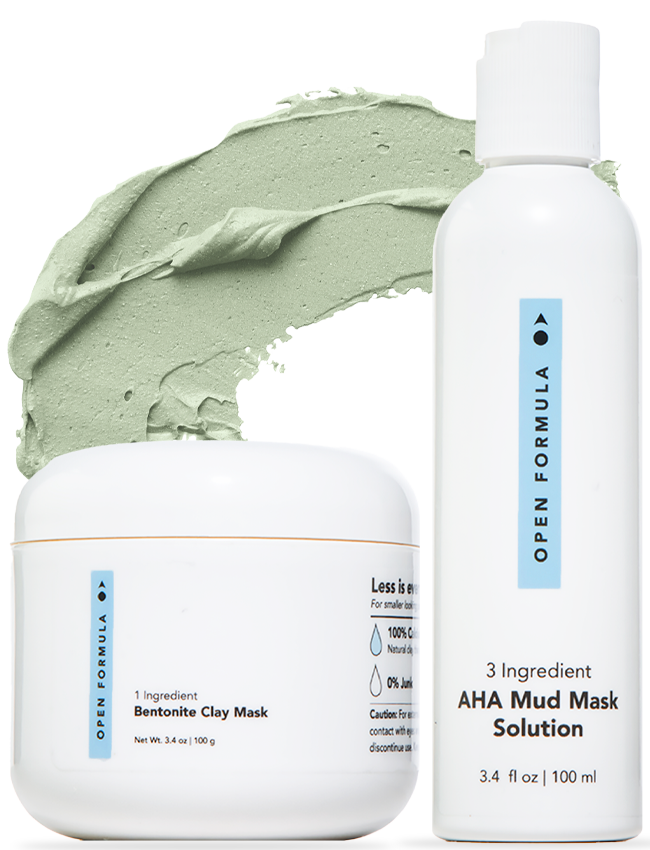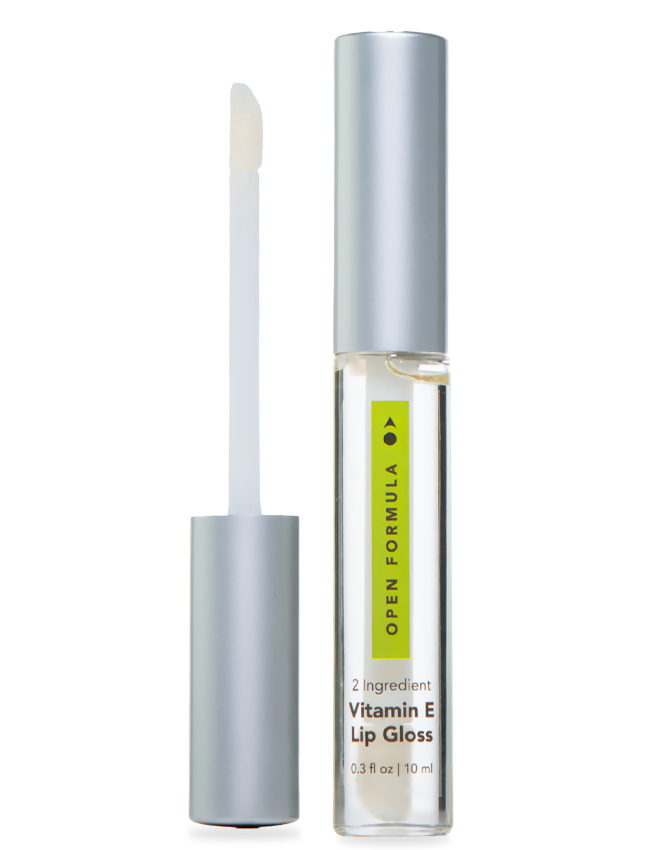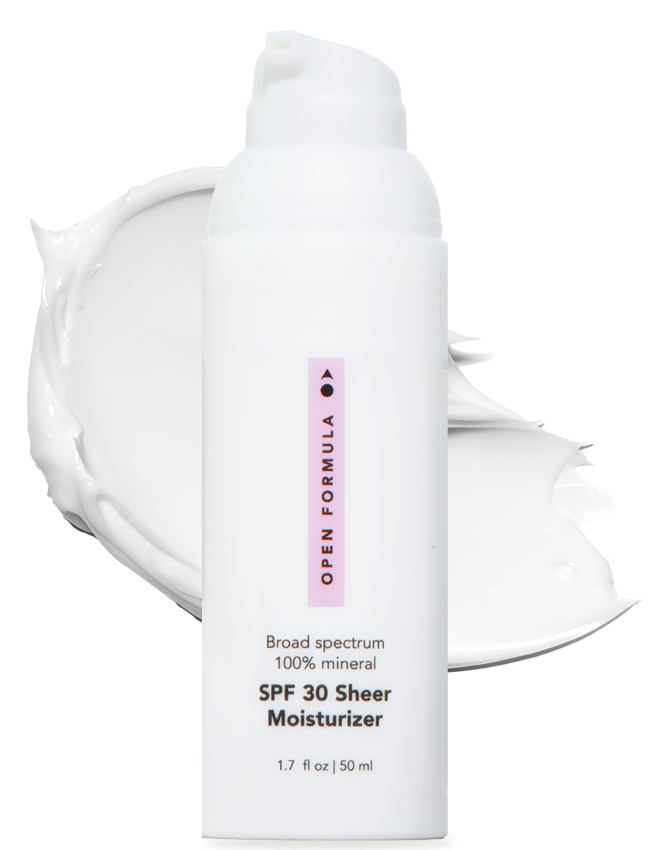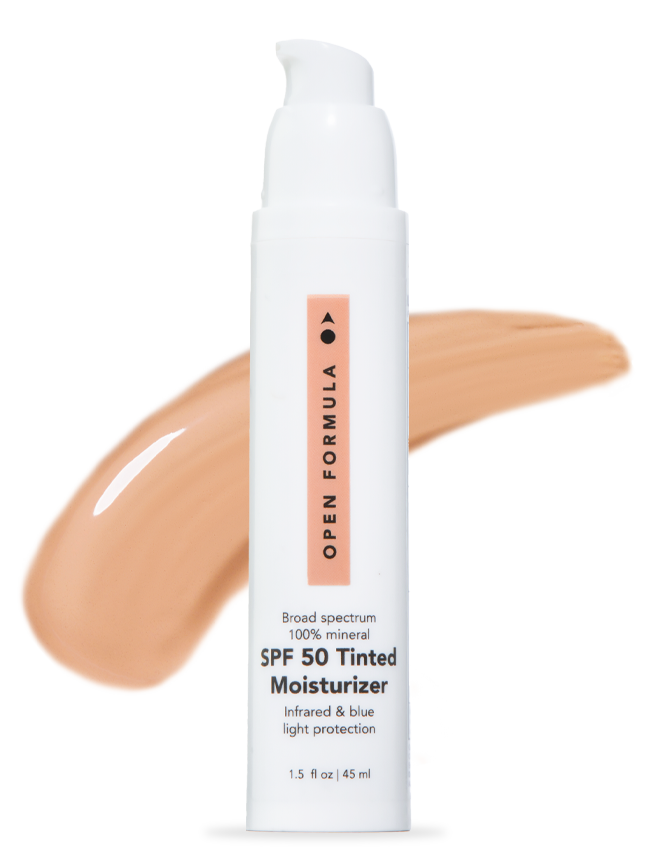A cleanser cleans the skin. A moisturizer adds moisture to the skin. But what about toner...what is a toner? Is it a workout for the muscles of your face, like toning your butt?
What is a Toner?
Toners originally appeared in the early 20th century. Advertised as tonics for the skin. At that time most were made from astringent and harsh ingredients including borax and alcohols. (ouch!)
Today, toner refers to a liquid product designed to further cleanse the skin and shrink the appearance of pores on the face.
Mainly, a toner completes the cleansing process by removing remaining oils, dirt or makeup and any residual dead skin cells. The extra cleanse mainly happens because it’s applied using a cotton round or a cotton ball, which adds a physical exfoliation to the process.
As for pores, no shrinking actually takes place for the pores. What happens is that the gunk stuck in the pores, which makes them more visible, gets cleaned out, making them less visible.
The Benefits
The benefits differ based on your skin type and the active ingredients in the toner you choose. Here’s a brief list of some of the benefits a toner can offer your skin:
- Balance pH
- Add hydration
- Soothe Skin
- Balance Out Oil Production
- Exfoliate
- Add antioxidant protection
Different Toners and How They Work
Toners now come in a huge variety, from hydrating to exfoliating and more. Here’s a rundown of some of the most common types of toners, what’s in them and how they work.
-
Traditional Toners
- Typically use ingredients like witch hazel extract or alcohol. Little benefit to the skin.
- How it works. Alcohol dries out your skin. Avoid it.
-
Exfoliating Toners
- Usually formulated with a specific acid or a blend of acids.
- Exfoliating toners include ingredients like BHA, salicylic acid, and AHAs, glycolic acid, and lactic acid.
- How it works. Considered a chemical exfoliant, exfoliating toners use acids to loosen and remove dead skin cells. They are great for addressing multiple skin concerns like acne, hyper-pigmentation, anti-aging, and smoothing skin tone and texture.
- Learn more about chemical exfoliators in this article.
- Hydrating Toners
- Common ingredients include hyaluronic acid, beta-glucan, and glycerin.
- How it works. Hydrating toners contain ingredients that add more water to the skin––called humectants. Humectants have water-absorbing properties. Applying it to the skin means a steady supply of hydration.
-
Antioxidant Toners
- These toners aid in the fight against damage to the skin.
- Common ingredients include Vitamin C, CoQ10, niacinamide or other antioxidants.
- How it works. Antioxidants fight the oxidants or free radicals that damage the skin’s DNA building blocks.
How to Use
Though many toners come in a spray bottle, the biggest bang for your buck is in how you apply the toner. Following the cleansing step, a toner’s greatest strength is removing any residual gunk left over after cleansing. If you spray the toner on your skin and leave it, you will not get the most of it. Instead, take one final swipe. Spray or apply toner to a cotton ball and gently wipe your face. One glance at that used cotton ball and you’ll clearly see what the cleansing step left behind.
To Tone or Not to Tone?
In the end, whether you choose to use a toner or not comes down to your needs and preferences. But whether or not you do it, know that the toner’s power as a skincare product lays in wiping away all the gunk, giving you the cleanest skin possible.

